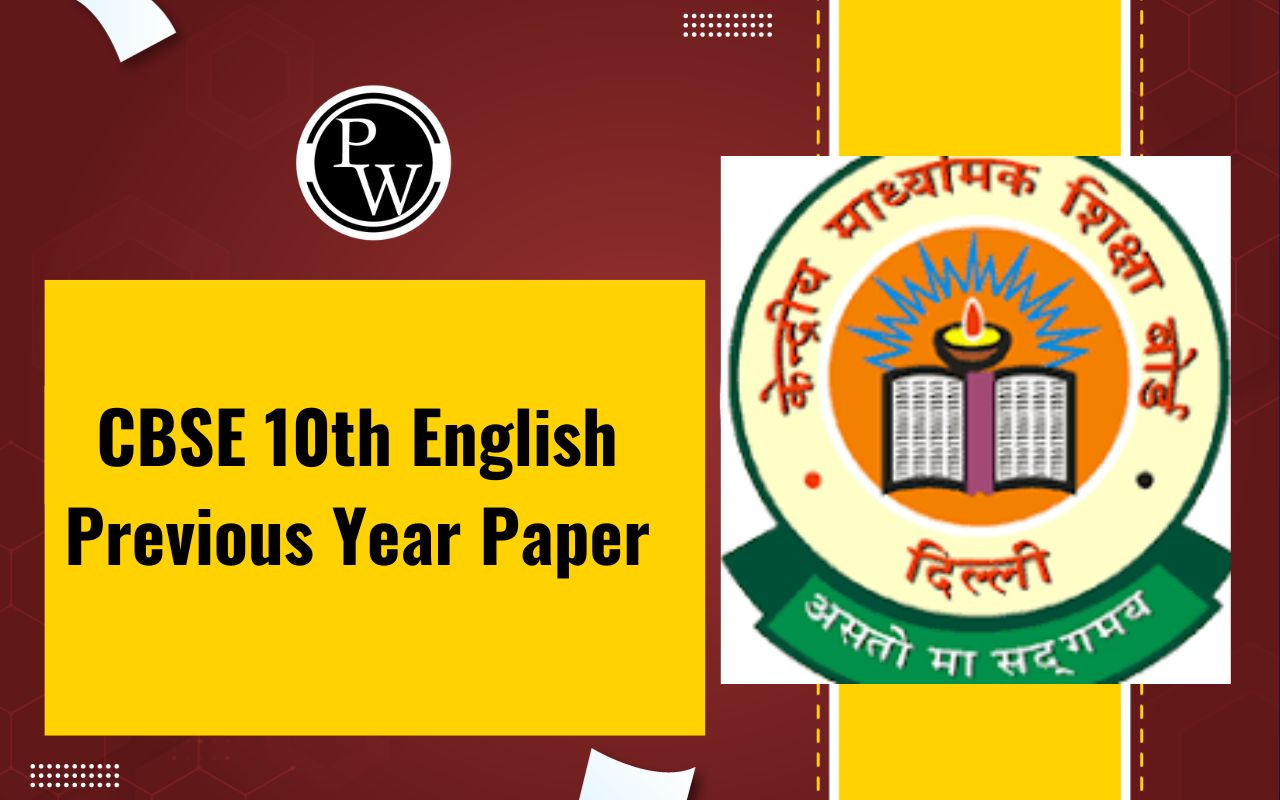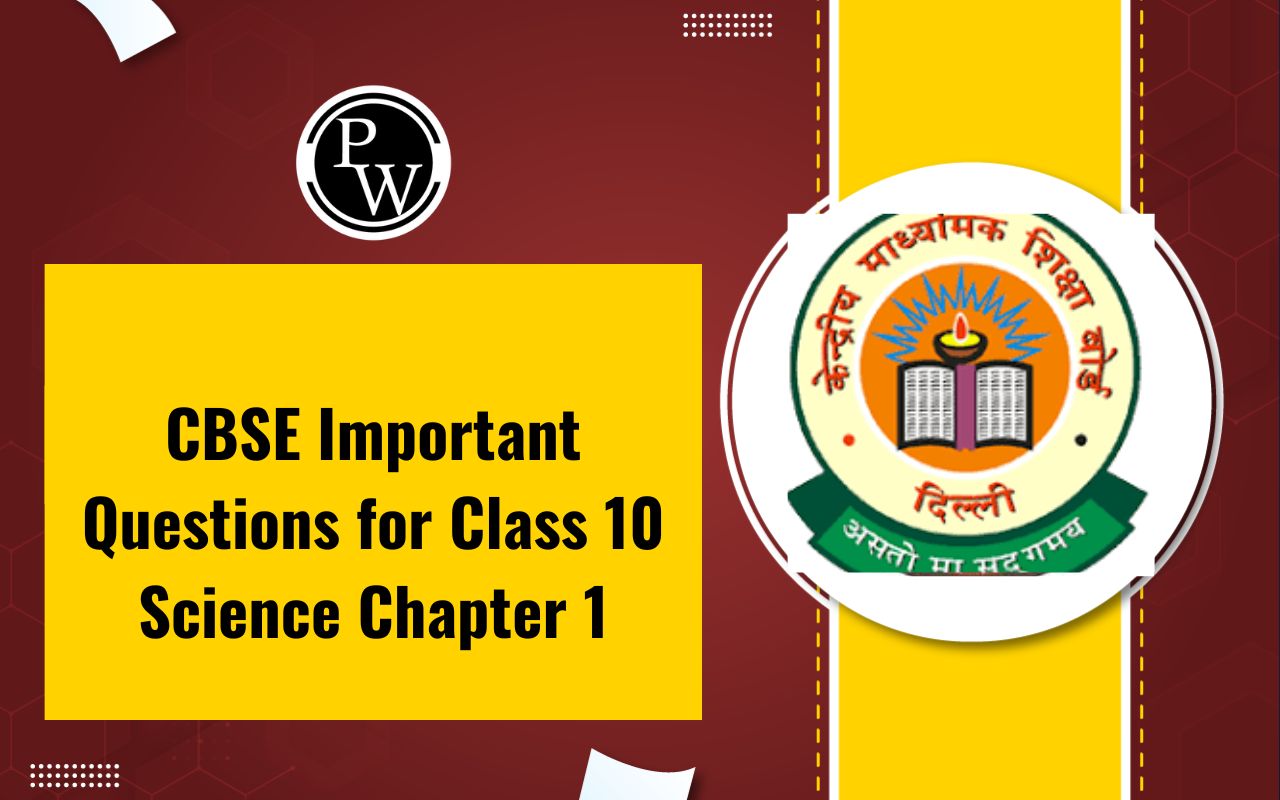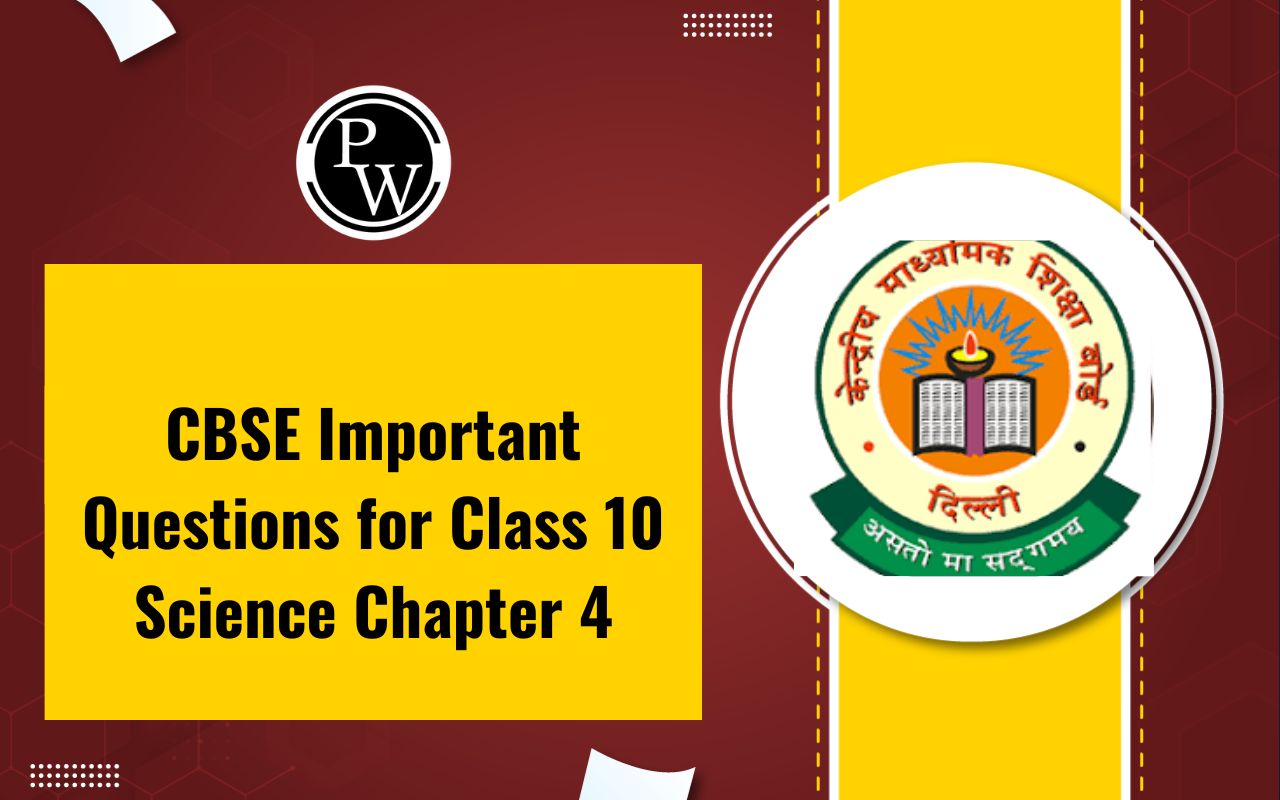
Possessive Nouns
A possessive noun is a special form of a noun that shows who owns or has something. It helps us understand ownership. You'll often find a possessive noun right before another noun to show what is owned, like "Jeremy's car." To create a possessive noun, we usually add an apostrophe and the letter "s" to the basic noun. For example, "boy" becomes "boy's." When dealing with plural nouns, we typically add just an apostrophe, not an extra "s." So, "boys" becomes "boys'." It's important to note that possessive nouns don't always mean literal ownership. For instance, when we say "Alice's brother," it doesn't mean that Alice owns her brother. It's used to describe their relationship.Possessive Noun Definition
A possessive noun, in the English language, is a noun that is used to show ownership or possession of something. It indicates that the noun (which can be a person, animal, object, or even an abstract concept) possesses or owns something else. Possessive nouns are typically formed by adding an apostrophe (') and an "s" to the noun, or sometimes just an apostrophe if the noun is plural and already ends with "s."Also Read: What are Nouns
Types of Possessive Nouns
There are three main types of possessive nouns in the English language:1. Singular Possessive Nouns: These possessive nouns indicate that one person, animal, thing, or concept owns or possesses something. They are formed by adding an apostrophe and an "s" to the singular noun.
For examples:
- Sarah's car (The car belongs to Sarah)
- The cat's tail (The tail of the cat)
- The author's book (The book of the author)
2. Plural Possessive Nouns: Plural possessive nouns indicate that more than one person, animal, thing, or concept owns or possesses something. If the plural noun doesn't end in "s," you add an apostrophe and "s." If the plural noun already ends in "s," you typically just add an apostrophe.
For Examples:
- The students' backpacks (The backpacks belong to the students)
- The dogs' leashes (The leashes for the dogs)
- The teachers' lounge (The lounge for the teachers)
Possessive Nouns for Inanimate Objects and Abstract Concepts: Possessive nouns aren't limited to living beings or physical objects. They can also be used with inanimate objects or abstract concepts to show possession.
For Examples:
- The book's cover (The cover of the book)
- Justice's scales (The scales of justice)
- Time's passage (The passage of time)
Examples of Possessive Nouns
Singular Possessive Nouns Examples
- John's car (The car belongs to John).
- The cat's tail (The tail of the cat).
- The teacher's classroom (The classroom of the teacher).
- Mary's book (The book belongs to Mary).
- The company's success (The success of the company).
Plural Possessive Nouns Examples
- The students' notebooks (The notebooks belong to the students).
- My parents' house (The house belongs to my parents).
- The dogs' toys (The toys for the dogs).
- The workers' tools (The tools of the workers).
- The teachers' lounge (The lounge for the teachers).
Possessive Nouns for Inanimate Objects Examples
- The book's cover (The cover of the book).
- The sun's rays (The rays of the sun).
- The building's architecture (The architecture of the building).
- The city's skyline (The skyline of the city).
- The car's engine (The engine of the car).
Possessive Nouns for Abstract Concepts Examples
- Freedom's price (The price of freedom).
- Justice's scales (The scales of justice).
- Time's passage (The passage of time).
- Love's expression (The expression of love).
- Democracy's principles (The principles of democracy).
Possessive Nouns Rules
1. Singular Nouns: To form a possessive noun from a singular noun (whether it ends in "s" or not), you typically add an apostrophe (') and an "s."
Example: Sarah's cat (Singular noun "Sarah" + 's)
2. Plural Nouns Not Ending in "s": For plural nouns that don't end in "s," you add an apostrophe (') and "s" to form the possessive.
Example: The children's toys (Plural noun "children" + 's)
3. Plural Nouns Ending in "s": For plural nouns that already end in "s," you usually add only an apostrophe (') to indicate possession.
Example: The dogs' leashes (Plural noun "dogs" + ')
4. Singular and Plural Nouns Ending in "s" Sound: When a singular or plural noun ends in a sound that is similar to "s" (like "x," "z," "sh," "ch," or "ss"), you also add an apostrophe and "s" to indicate possession.
Example: The boss's office (Singular noun "boss" + 's)
Example: The box's contents (Singular noun "box" + 's)
5. Indicating Joint Possession: When two or more people jointly possess something, you only add an apostrophe and "s" to the last noun in the list.
Example: Mary and John's car (The car belongs to both Mary and John)
6. Possessive Nouns for Inanimate Objects and Abstract Concepts: Possessive nouns can also be used with inanimate objects and abstract concepts to show ownership or association.
Example: The book's cover (The cover of the book)
Example: Freedom's price (The price of freedom)
Possessive Nouns Worksheet
1. Identify the Possessive Noun:- The __________ car was parked in the driveway.
- Sarah's __________ book is on the shelf.
- The teacher admired the students' __________ artwork.
- Is that the __________ house on the corner?
- The bike that belongs to Tom is red.
- The room that belongs to the children is messy.
- The school that is attended by Lucy is large.
- The garden that belongs to my grandmother is beautiful.
- The cat's __________ is soft and fluffy.
- The students' __________ were all neatly arranged in rows.
- I borrowed my friend's __________ for the party.
- The dog's __________ wagged happily when its owner returned.
- The girls have a collection of dolls. What is the possessive form?
- All the employees attended the meeting. What is the possessive form?
- The teachers love their students. What is the possessive form?
- The children played in the park. What is the possessive form?
- The pen belonging to the teacher is on the desk.
- The pen of the teacher is on the desk.
- The teacher's pen is on the desk.
- The teacher pen is on the desk.
Answers:
- Sarah's, Lisa's, students', corner's
- Tom's bike is red. The children's room is messy. Lucy's school is large. My grandmother's garden is beautiful.
- fur, desks, dress, tail
- girls' dolls employees' meeting teachers' students children's park
- The pen belonging to the teacher is on the desk. (Possessive Noun) The pen of the teacher is on the desk. (Not a Possessive Noun) The teacher's pen is on the desk. (Possessive Noun) The teacher pen is on the desk. (Not a Possessive Noun)
| English Related Links | |
| Uncountable Nouns | Proper Nouns |
| Collective Nouns | Abstract Nouns |
| Common Nouns | Parts of Speech |
| Countable Nouns | Pronouns |
What is Possessive Nouns?
What are 10 Possessive Examples?
What are the 5 Plural Possessive Nouns?










